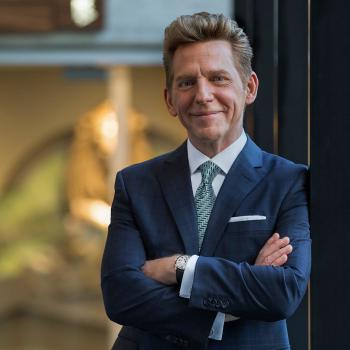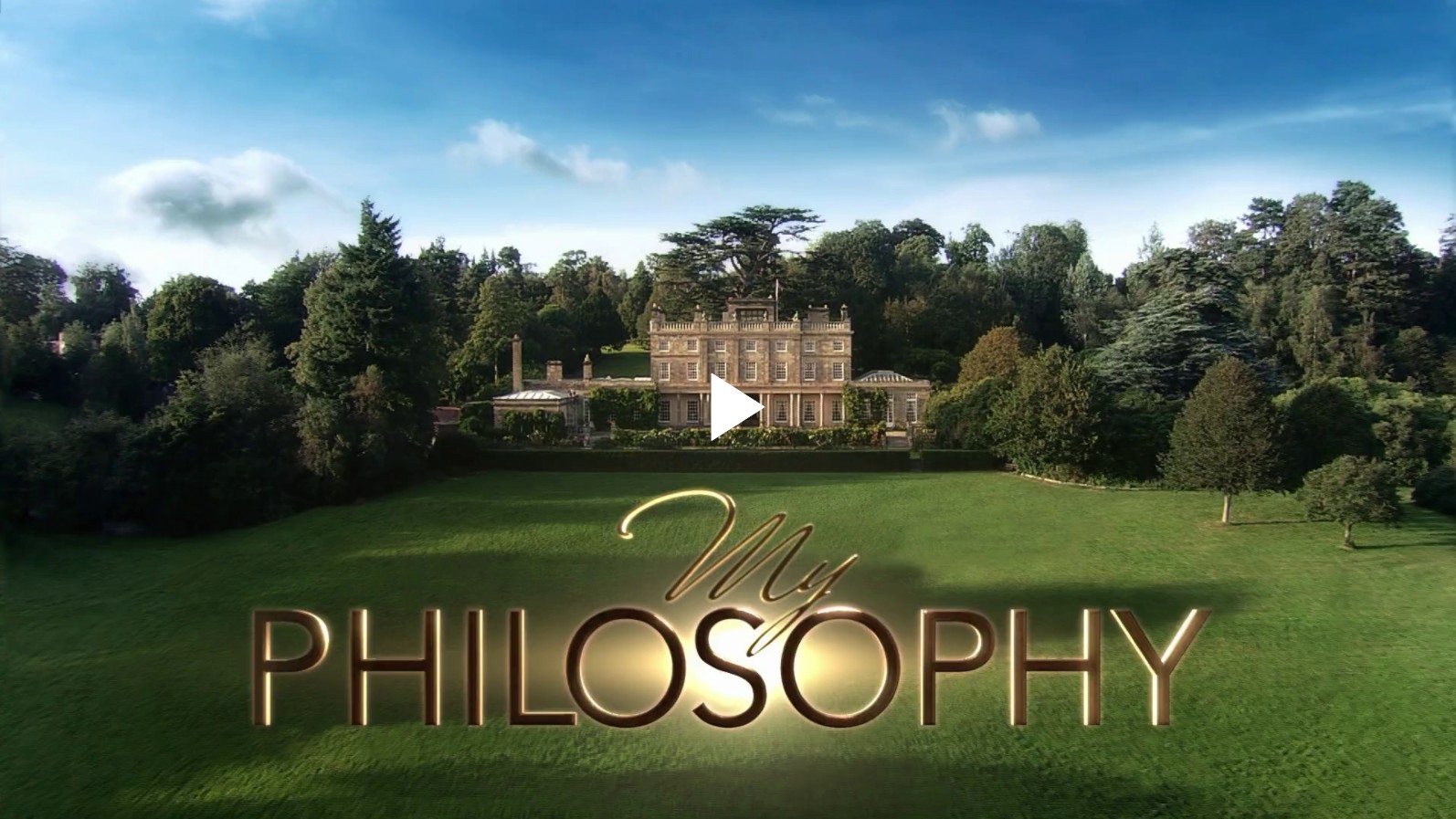By Nick Broadhurst:


 I am often asked by tertiary [college or university] religious students who are trying to write an overview on Scientology, what is the most successful way we have of expanding Scientology. What is it that expands our membership? “Just give a quick overview.”
I am often asked by tertiary [college or university] religious students who are trying to write an overview on Scientology, what is the most successful way we have of expanding Scientology. What is it that expands our membership? “Just give a quick overview.”
The answer to this question is always the same. Scientology expands mostly by word of mouth. Of course we do book promotion campaigns,Internet campaigns, street fliers, letterbox drops, and more. But nothing compares to the expansion by word of mouth. Word of mouth is the simple biggest expansion point of Scientology.
As covered in the book Scientology: A New Slant on Life, the true story of Scientology is: someone developed a philosophy of life and death. Others find it interesting, people find it works, they then pass it on to others and it grows. That should be all there is to it. A two line overview.
However there is more. If people were to get better and Scientology was to achieve its aims, such would include a world without war, without insanity and without criminality, then a lot of people with vested interests in insanity, war and criminality, could be in the unemployment line.
To be sure, here is one of the biggest industry on earth, the pharmaceutical industry. It would either have to close down or change its operations, maybe even concentrate on beneficial food supplements. This might even spell the end of fictional chemical imbalance of the brain theory. The pharmaceutical industry expands on mental illness and spiritual “ill-being.” If a well-meaning group were to come along and offer something that could truly rehabilitate people both mentally and spiritually such a good group could be in for a torrid time.
Some many may not benefit from such a good group’s presence, and the some many may be involved in war and criminality. Media magnates may bridge over as common boards of directors into the mental health, pharmaceutical and weapons industries. To a large degree this world, as it stands today, is ruled by these moguls and their families. To them add international banking which funds and profits by their work.
A standard way such a cartel can protect its own interests against a good group which opposes them is to make something controversial of the good group. In general, the natural therapy industry, while growing, gets a hard time from the above cartel of pharmaceutical, weapons, media and banking industries. But while the natural therapy industry stays as a cottage industry it is no real threat to them.
Scientology on the other hand is different. It is growing fast. Scientology’s
Founder was a philosopher and a writer in many genres, such as westerns, detectives, science fiction, adventure, but the media portray something controversial about this by paralleling his non-fiction philosophy to his science fiction writing. To sell newspapers, they feel that unless they have controversy, the public will not buy their news. In Scientology we simply refer to these mongers of fear as merchants of chaos. And that is what they do, they sell chaos. It is unfortunately their stock in trade.
As an example they could write, “Scientology founder and philosopher L. Ron Hubbard….” but they do not. Instead they write, “Scientology founder and science fiction writer L. Ron Hubbard….”
Their point is to make something controversial out of writing fiction, and to attempt to stick in the mind of readers an association between Scientology philosophy and science fiction.
Factually there is none, no more than there is between Scientology and L. Ron Hubbard’s adventure stories, which he also penned. All through history the greatest philosophical minds – such as Socrates, Plato, and others, have all been great writers as well as thinkers. Being a philosopher and a great communicator of ideas seems a very natural crossover.
But fortunately the whole world is not like this.
Ten years ago I was asked to do an interview in Mysore in southern India. The paper was called the Mysore Star, and it ran a two page story on Scientology. I was surprised as the interview was not only reported accurately, but there was no controversy. Also, I had made one mistake in what I had said, the reporter had researched and fixed it up with the correct information. I then read through the rest of the newspaper. I noticed there were no bad stories, no deaths, no beatings, not one story of harm or terror. I was curious and asked the reporter why not? He looked at me very surprised and explained that they would never run such stories, as it was abhorrent to him as a journalist that he would be selling just bad news, as who would buy such a paper? That was southern India, a very refreshing spiritual world.
Now back in the materialistic West–look at the Los Angeles Times, or an equivalent Australian newspaper. They contain shock and bad news from the first page on. Bad news is stock in trade.
But back to Scientology, those who read L. Ron Hubbard’s books pass them on. They find the work. They help people.
Certainly there is an influence trying to make Scientology controversial. But the Scientology books help people lead better lives and that gets them recommended. That is how it spreads.
And that is the true overview of Scientology. It is nothing else.








